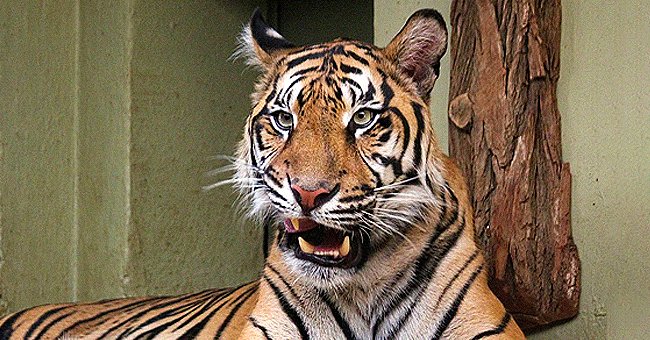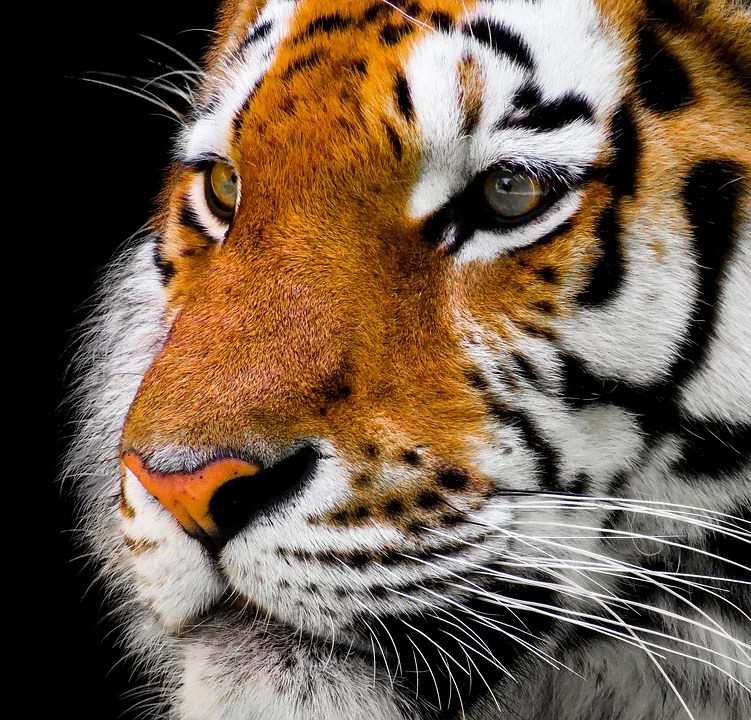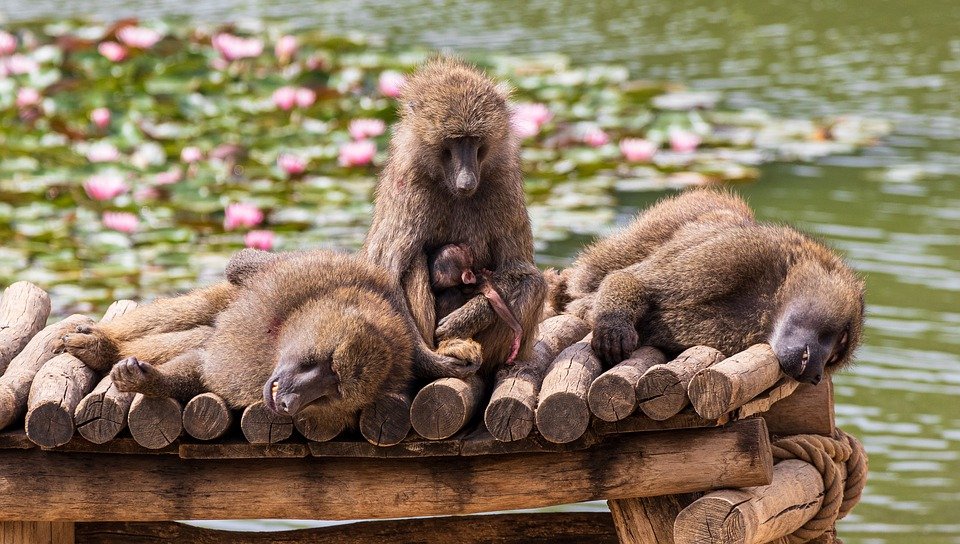
NYC’s Bronx Zoo Reports World's First Case of Coronavirus Infection in a Tiger
A 4-year-old Malaysian tiger reportedly contracted the coronavirus from an asymptomatic zoo employee. This is first case of Coronavirus in a tiger worldwide.
A tiger at the Bronx Zoo located in New York City is believed to have tested positive for the coronavirus, according to a statement released by the zoo on April 5.

An up-close portrait of a Tiger | Photo: Pixabay
Nadia, a 4-year-old Malaysian tiger, got tested after she developed a dry cough and had a noticeable decline in her appetite.
As it turned out, experts have warned that great apes, which are prone to contract respiratory diseases from humans easily, are most likely susceptible to coronavirus.
Nadia, who is the first tiger to be diagnosed with the novel virus, was confirmed to have contracted the disease by the USDA's National Veterinary Services Laboratory, which is based in Ames, Iowa. Through the zoo's statement, it was explained that:
"We tested the cat out of an abundance of caution and will ensure any knowledge we gain about COVID-19 will contribute to the world's continuing understanding of this novel coronavirus."
It was also noted that although three other tigers and three African lions also showed similar symptoms, all of them including Nadia, are expected to make full recoveries.
According to the statement, despite their near-loss of appetite, the animals were "otherwise doing well under veterinary care and are bright, alert, and interactive with their keepers."
The cats started exhibiting coronavirus symptoms after they came in contact with an unidentified asymptomatic zoo employee, BBC News revealed.
While addressing the issue, chief veterinarian for the Bronx Zoo, Paul Calle, stated that the coronavirus diagnosis for the animals raised several questions including whether lions and tigers were more prone to contract the flu-like disease than other animals.
It became even more concerning after the zoo observed that none of the zoo's other big cats, including snow leopards, cheetahs, a puma, a clouded leopard, and an Amur leopard, were showing symptoms.
While zookeepers await answers to their questions, many have begun making extra moves to ensure that the great apes in their care are protected.
As it turned out, experts have warned that great apes, which are prone to contract respiratory diseases from humans easily, are most likely susceptible to coronavirus.

A troop of Apes seating on a dock at a water side | Photo: Pixabay
Amid recent happenings, the Bronx Zoo has made it a thing of priority to keep sharing the diagnostic information with both the zoo and scientific community.
